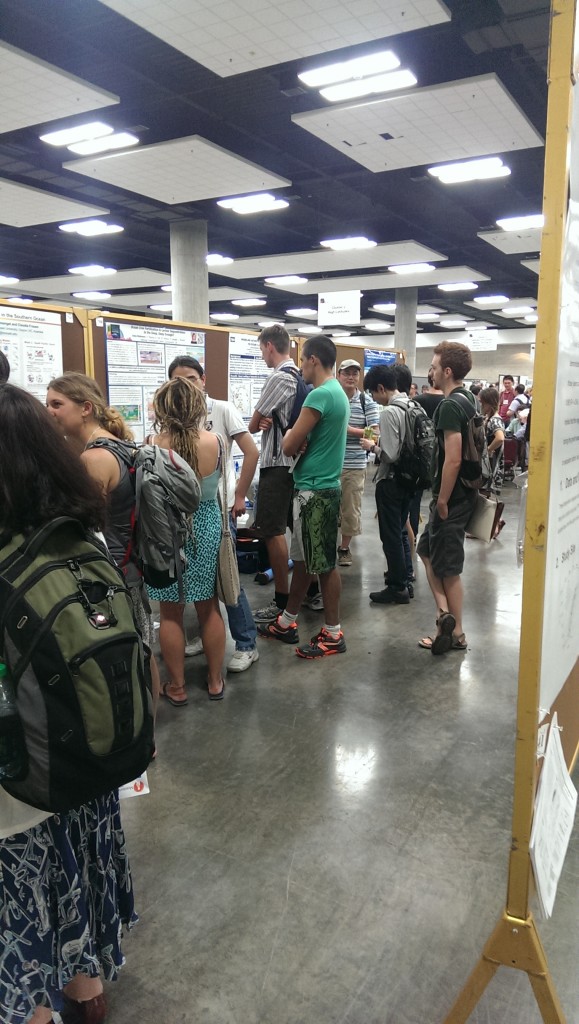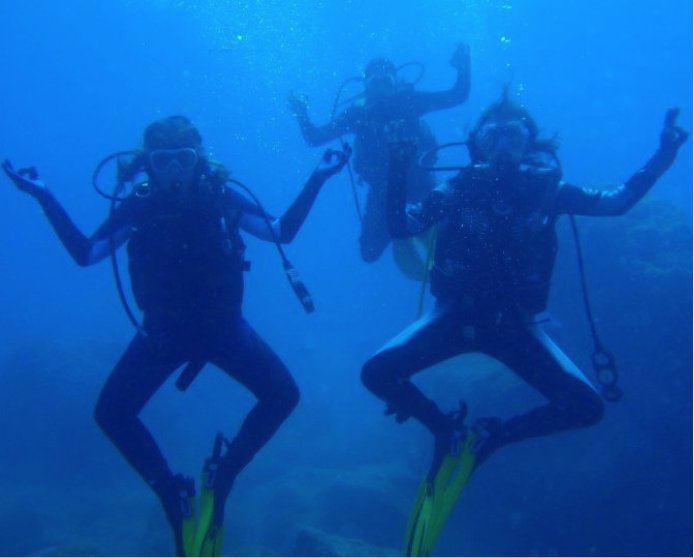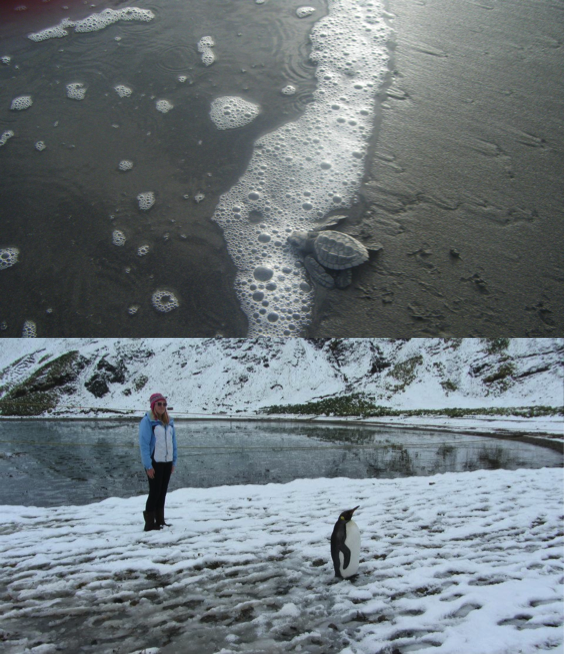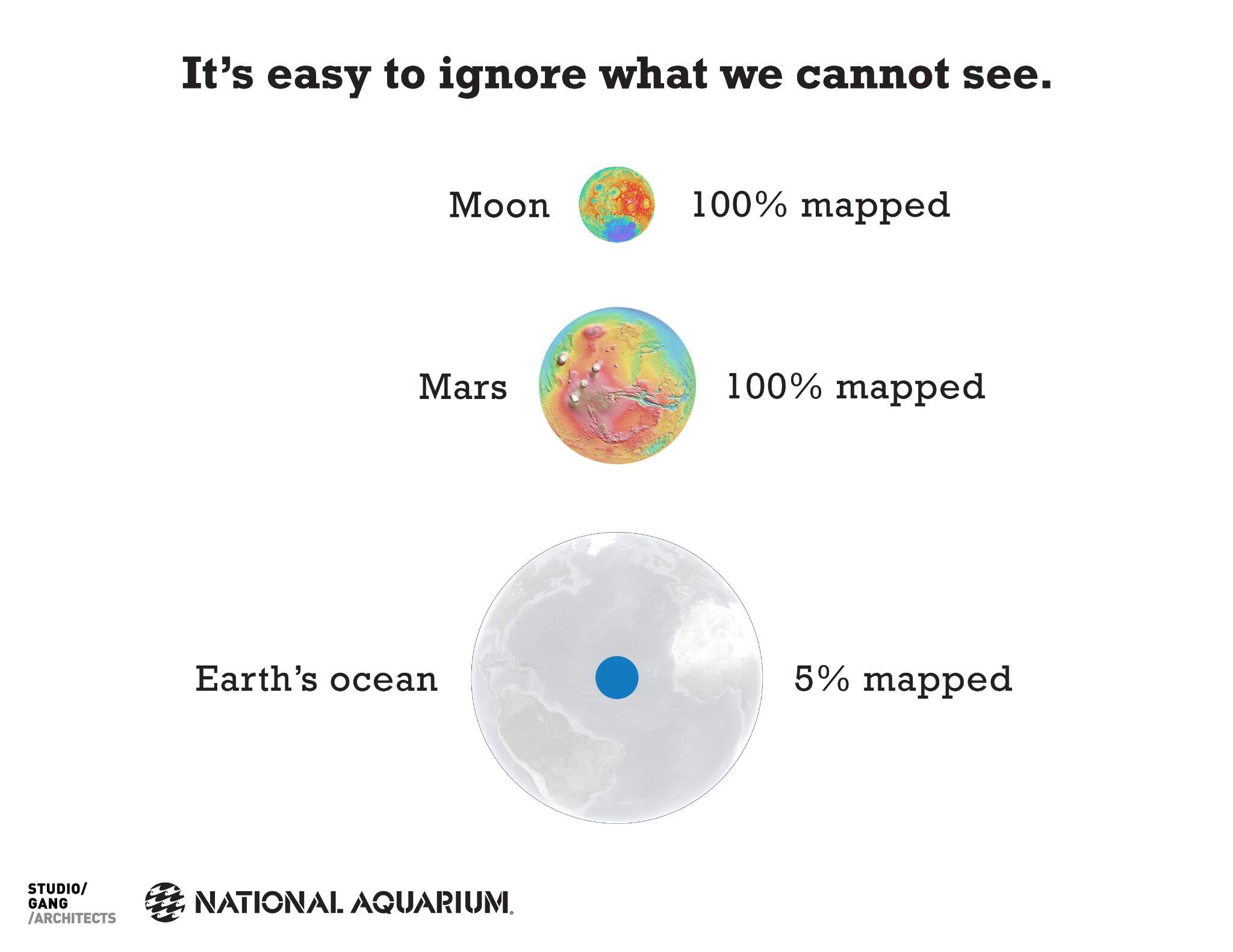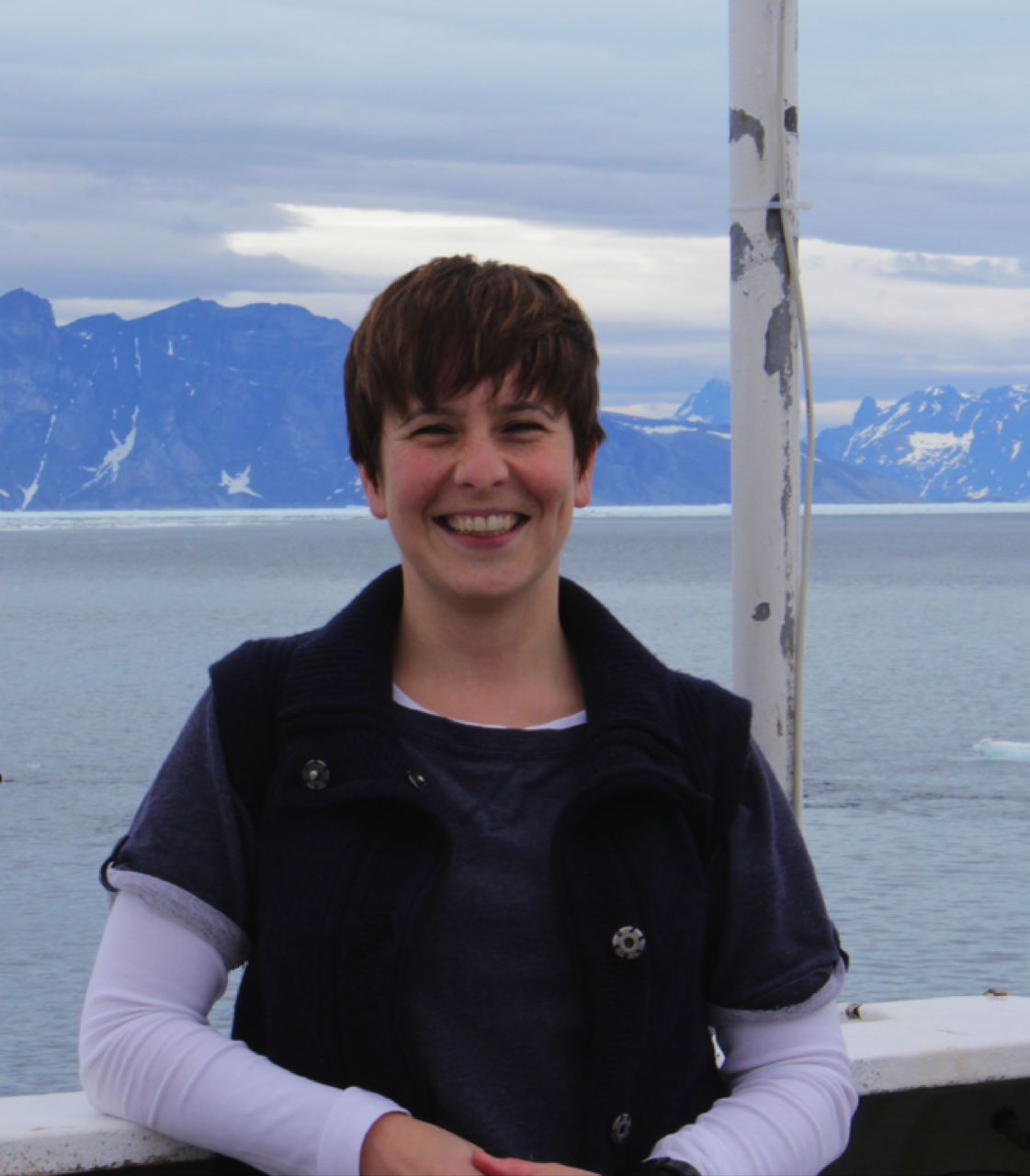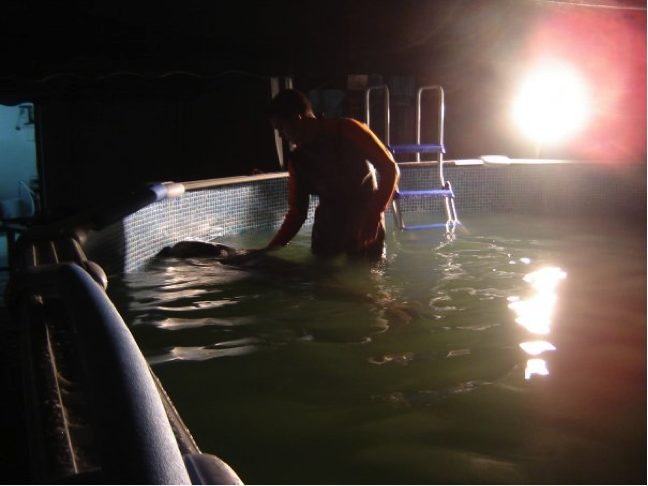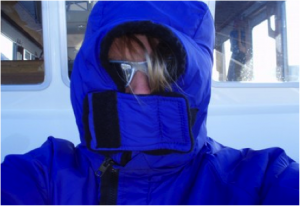
Helen Burns: How did I become involved in Ocean Sciences?
Hi MOOCer's I'm a 2nd year PhD student researching the controls on the Southern Ocean overturning circulation. As a kid my favourite part of the year was visiting the mountains; from our own Welsh and Scottish hills to the slightly more formidable Alps. I had no idea what I wanted to go and do after school, but I knew I didn't want to be stuck in a lab all day so Earth Sciences which had abundant field trips to mountains seemed like a logical choice.
Continue reading →

